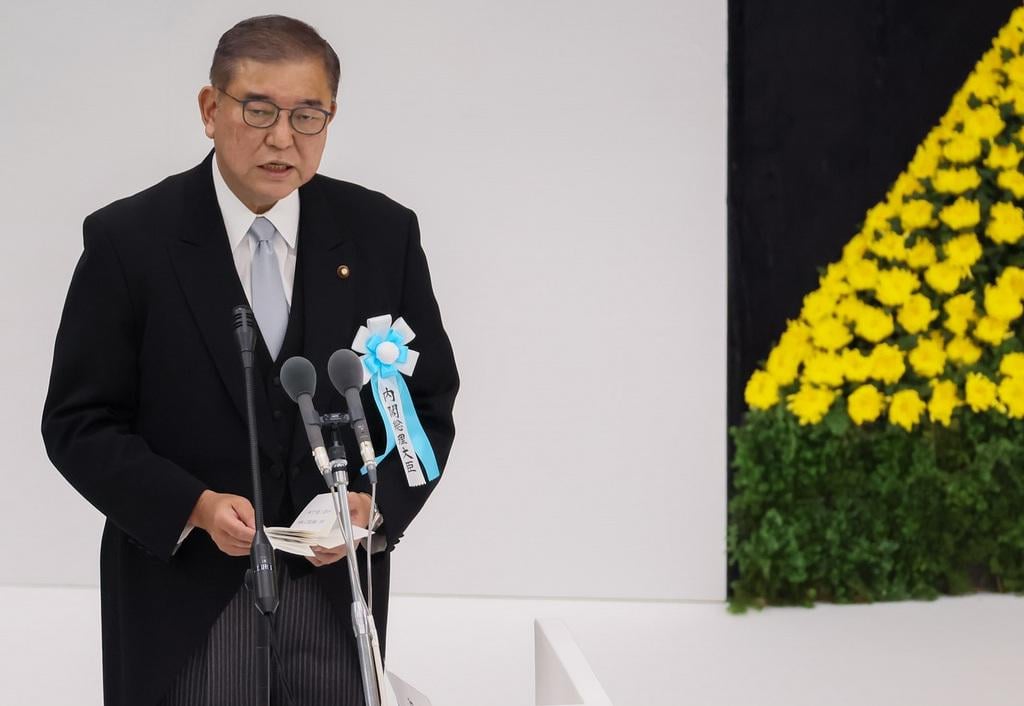
During the annual war memorial ceremony on August 15, Prime Minister Shigeru Ishiba sparked controversy with his speech by reflecting on Japan’s past actions during the war, suggesting the need to deeply learn from past mistakes. This statement drew criticism, with responses flooding the prefectural government decrying the use of public funds to benefit foreigners and expressing concerns about perceived neglect of Japanese citizens.
In this 80th anniversary year of the end of World War II, some believe that in light of recent political dynamics, including backlash within the ruling party and the rise of nationalist sentiments, making strong statements about Japan’s post-war responsibility could stir political tension. The prime minister initially planned to issue a formal statement on the war’s anniversary, but reports indicate that intra-party opposition has led to this decision being put on hold.
Critics noted that Ishiba’s speech could have inadvertently caused a diplomatic blunder, especially as it compared to previous official statements like the Murayama and Koizumi Statements, which addressed Japan’s wartime conduct with a more balanced approach. The concern is whether the prime minister’s remarks met the expectations to reiterate key historical acknowledgments, particularly as neighboring China marks the 80th anniversary of the end of hostilities in the Pacific with an emphasis on Japan’s past aggression.
China’s current political climate might amplify its government’s anti-Japanese stance, partly to bolster national unity amid economic challenges. The recent success of Chinese films depicting historical conflicts, such as “The Japanese-run East Erping Island,” reflect a surge in nationalist sentiment. Such a backdrop has also fueled misinformation and heightened anti-Japanese feelings among some in China.
In this sensitive environment, it’s crucial for political leaders to refrain from rash statements and avoid exploiting historical issues for political gain. Careful and diplomatic handling is required to navigate the intricacies of these complex historical relations without exacerbating tensions.
by MagazineKey4532
